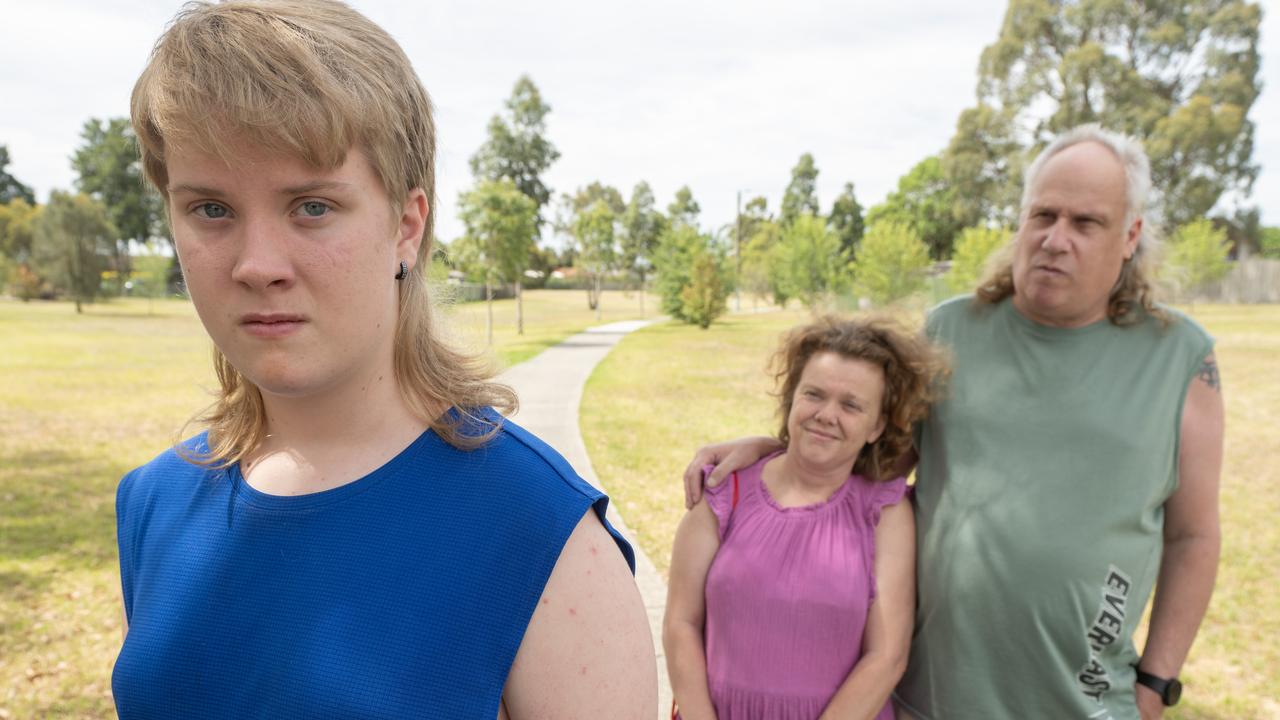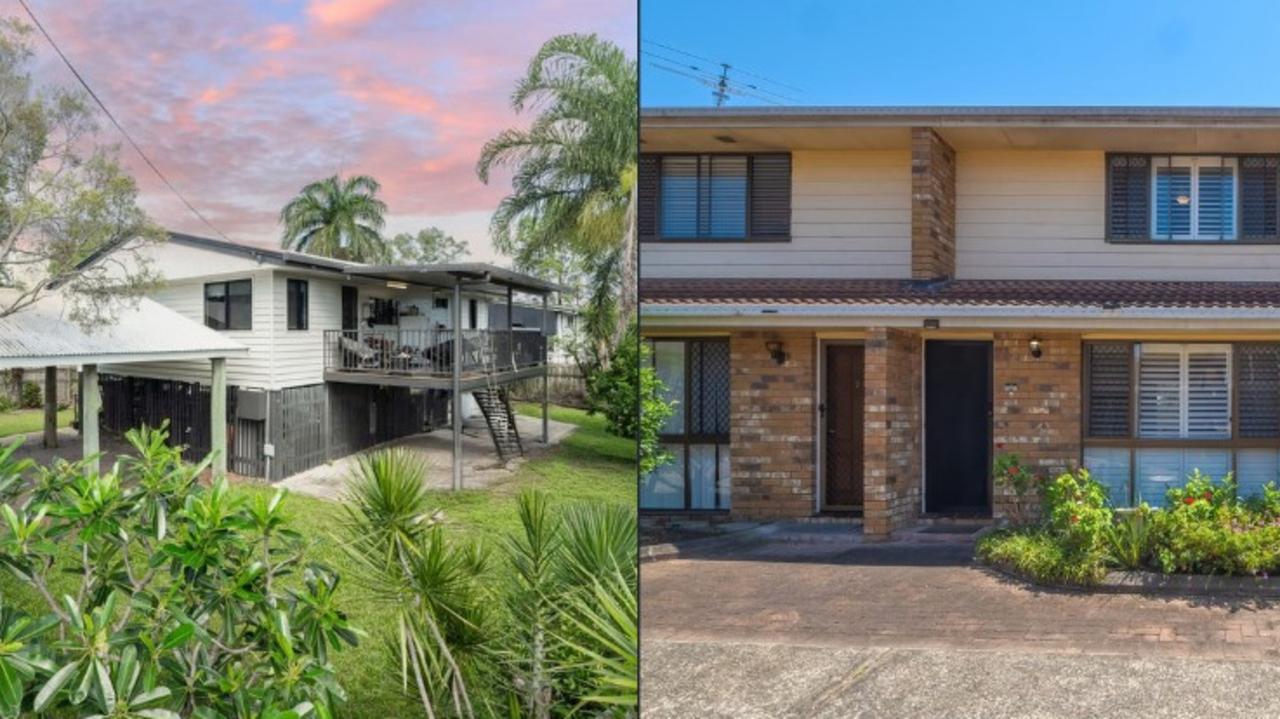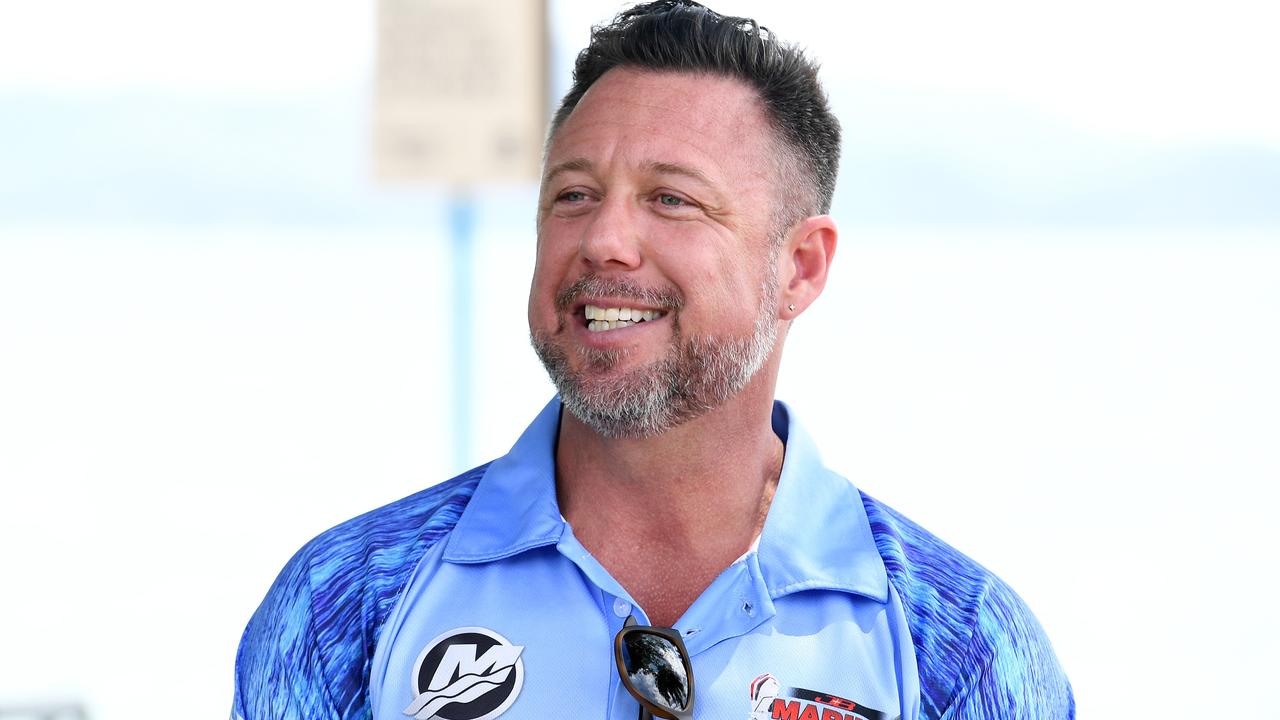Public schools in Queensland offer range of programs to help students excel
Julie and Gavin Whitham could afford to send their son to a private school, but were surprised to find what the state’s public schools had to offer.
This article has been written in partnership with the Queensland Government.
For many parents, choosing a high school for their child is a difficult decision.
Julie Whitham, 48, and her husband Gavin Whitham, 46, of Moreton Bay north of Brisbane, wanted the best for their youngest son Royston Whitham, 17.
They could afford to send him to a private school but, after looking at evidence-based research into the real and perceived differences between private schools and state schools in Australia, and seeing what the schools they were considering had to offer, they decided to opt for a state school instead. What’s more, their three older children had all been to state schools interstate and had positive experiences.
‘Incredible, inspiring’: Australia’s 50 best teachers revealed
Teaching in Queensland: Sarah Lions falls in love with remote experience
A talented basketball player, Royston had hoped to attend a school with a strong basketball program.
It just so happened that nearby Dakabin State High School was one of the top ranking schools for basketball in Queensland.With its Dakabin Dragons Basketball Academy and partnership with the Brisbane Bullets, the school was an excellent fit.
“We’ve been fortunate enough to be in a financial situation where we could have sent him to a private school, but when we looked into it there really wasn’t much difference in what else the schools were offering,” Julie says.
Looking beyond the glossy enrolment packs and expensive websites of the private schools they were considering, Julie found all the elements long associated with and heavily marketed by the private schools applied just as much to the state schools her four children had attended over the years: strong values, high quality teaching, state-of-the-art facilities, networking opportunities, community spirit, reasonable class sizes, strong discipline and opportunities for academic, sporting and artistic students to excel.
“We thought, ‘What’s the point in spending thousands and thousands of dollars to send him to a private school when he is going to have just as much opportunity here?’,” she says.
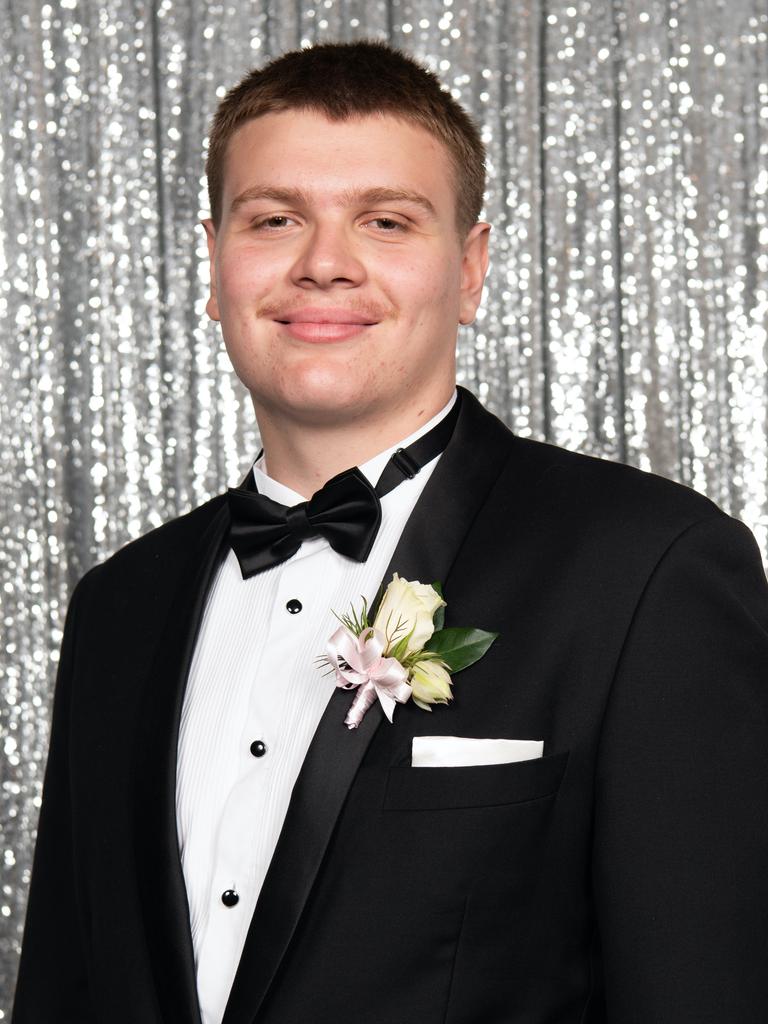
In addition, Julie admired the school’s coeducational setting, its proximity to home cutting out long commutes, the diversity of the student cohort and the different vocational pathways on offer. She also appreciated the school’s expectation that students in the basketball academy keep their grades up.
The funds Julie and Gavin have saved not sending their children to private schools have allowed them to put money towards specialised basketball training for Royston, travel and more.
“Having four children, I’m very much of the opinion that your child is either an academic or they’re not,” Julie says. “At the end of the day, it’s not going to matter what school environment you put them into. If they’re an academic, they’re going to focus on school whether it’s state or private and be determined to go to university and start a career, or if they’re a sporting-minded person, that’s going to be their focus.”
Royston graduated Year 12 in November and is off to the United States in March to apply for a basketball scholarship at one of the junior colleges.
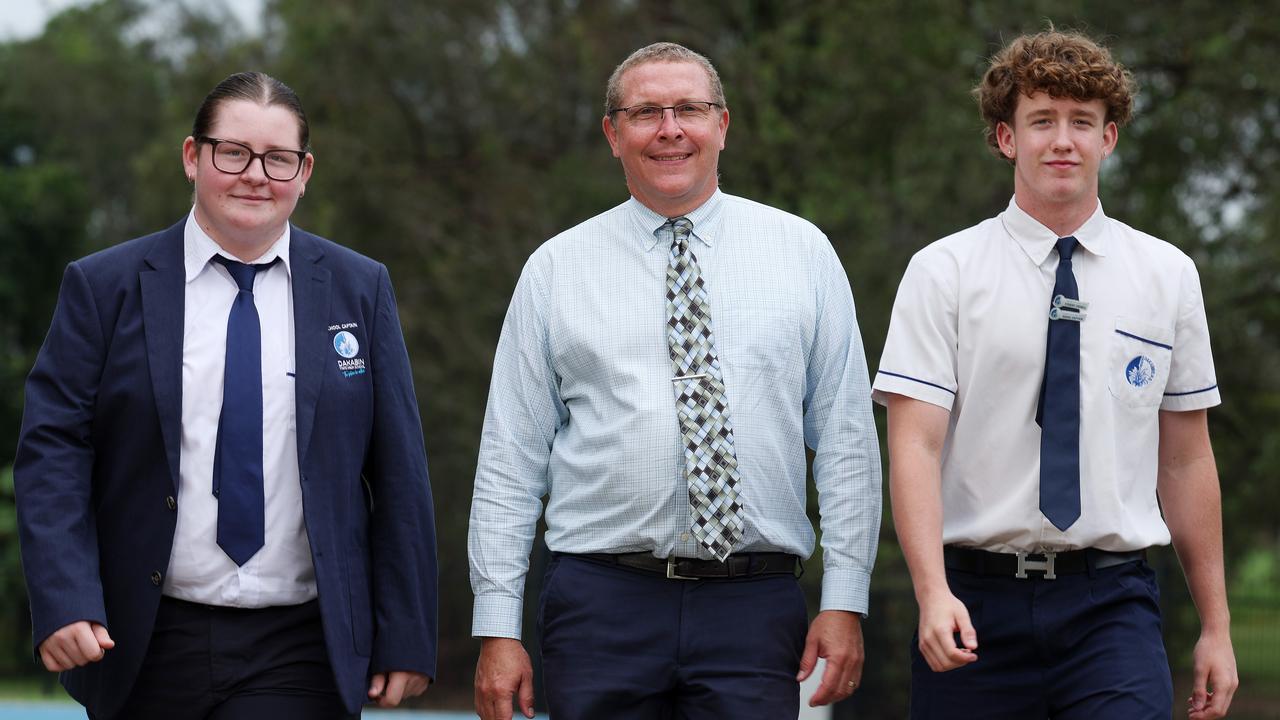
Jordan Fossey, 17, and Tyson Mutch, 17, also completed Year 12 at Dakabin State High School this year and feel the school has helped prepare them to confidently begin the next chapter of their lives. Jordan is set to begin a Bachelor of Nursing Science at the University of the Sunshine Coast next year.
“They’ve supported me and motivated me to do what I want to do after I leave school,” he says.
“The culture here is really good too. It’s not too small but not too big and everyone is welcoming.”
Tyson is planning to do a trade next year to become either an electrician, carpenter or plumber.
“My friends, my teachers and my classes have all been great,” he says. “The teachers are always there to ask for help if you need it.”
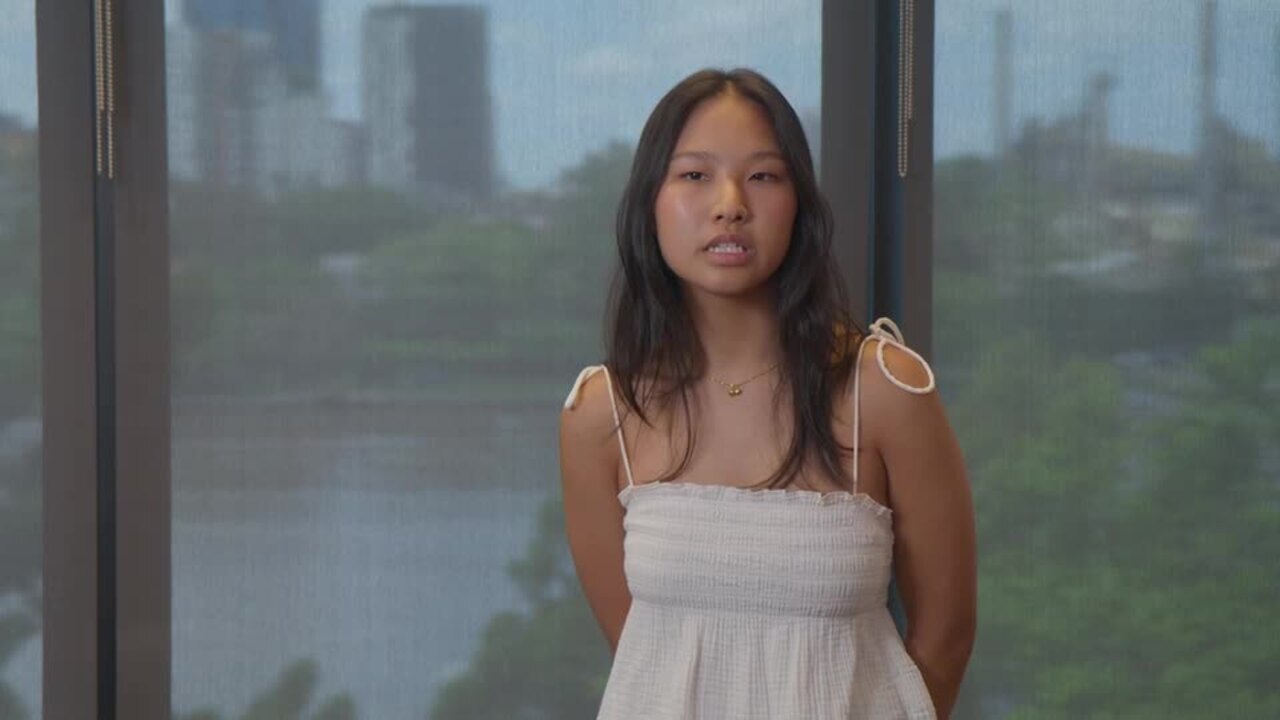
Around 30 studies since 2000 have shown that there are no significant differences in outcomes for students who attend private schools and state schools in Australia once their socio-economic background – including parental income, education, employment,occupation, housing and family structure – is taken into account.
Studies have also shown state school students achieve higher university grades than private school students and both have similar university completion rates.
Dakabin State High School principal Boris Croft says one of the many reasons for this is that state schools foster self-motivation, initiative and the ability to overcome challenges.
“The Department of Education schools serve as a microcosm of society, bringing together students from diverse socio-economic, cultural and academic backgrounds, as well as those with disability,’’ Croft says.
“This daily immersion in a richly varied environment helps students develop resilience, empathy and a deeper understanding of the world around them. By experiencing all facets of a community during their school years, our students are better prepared to navigate and contribute positively to society beyond school.’’
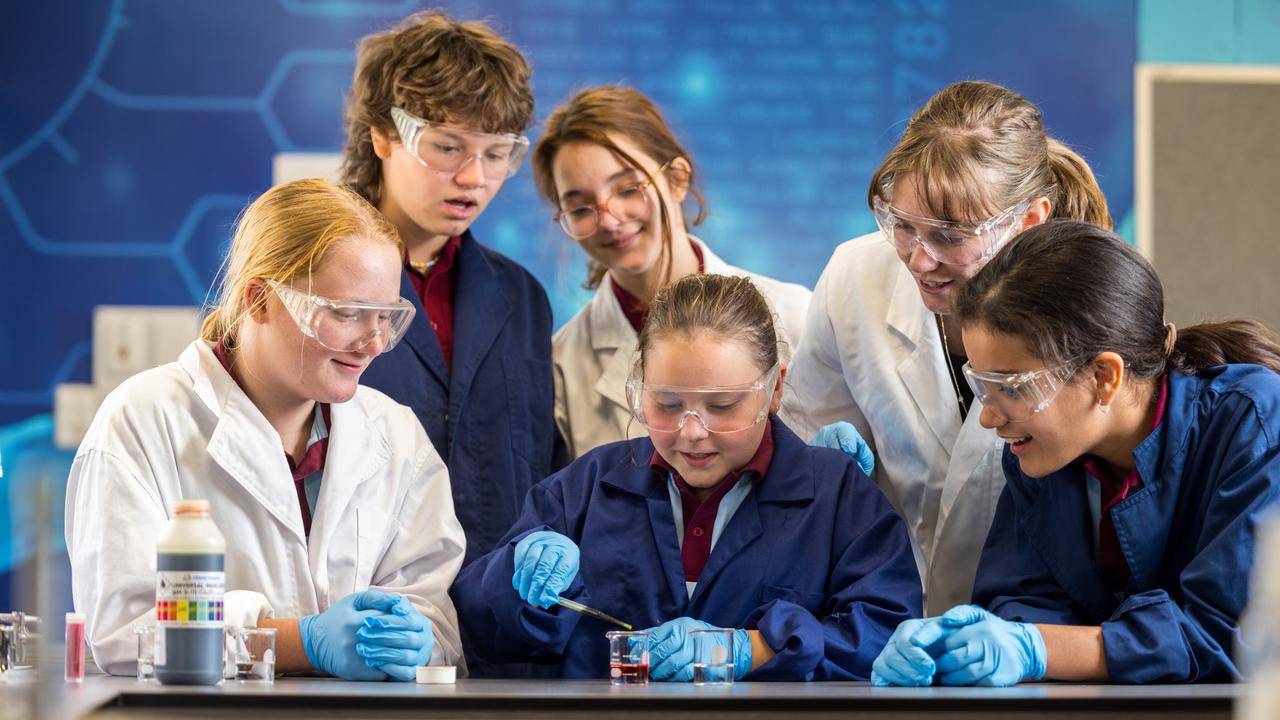
Professor Andrew Griffiths, executive dean, University of Queensland’s business, economics and law faculty, remembers his time as a student at Mansfield State High School fondly.
“I had a fantastic experience, it was a great school,” he says.
“We had really great educators, they were passionate and really cared for us and our results. They were highly innovative teachers who were engaging and had an innovative approach to teaching and education.
“There were pathways for all students, such as the traditional academic pathway to university or the trade pathway – there was something for everyone. Socially, all the friends I made were all local. We all used to live within a couple of kilometre radius of school and there was a sense that you knew everybody. It was a great sense of community.”
Griffiths firmly believes there was no shortage of opportunities for him and his entire cohort.
“I felt that whatever pathway you chose, you could do it. You didn’t have any barriers. If you wanted to play sport, you had many to choose from. You could go down an academic pathway,’’ he says.
“There was a fantastic French immersion program, which still runs today. It had its own drama club. I had lots of opportunities to play sport – cricket, basketball, tennis, everything. Some may think there aren’t the same opportunities, but I don’t think that’s right.’’
The greatest lesson Griffiths learnt from high school was that you only get out what you put in.
“My experience taught me about resilience and self-motivation,’’ he says.
“You can have excellent teachers, but really you have to do your own work and you have to be motivated to do that well.”
■ In partnership with the Queensland Government
Originally published as Public schools in Queensland offer range of programs to help students excel

